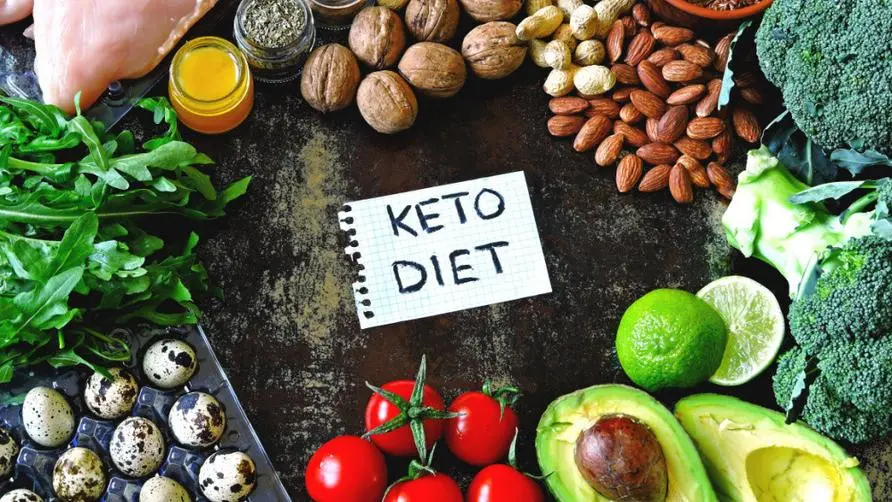Is it safe to drink milk after a big turn? Latest British study: lowering cholesterol reduces heart disease

Milk is a drink that has been with mankind for a long time. Because of its high nutritional value, it has long been widely used in tea and coffee products. In recent years, chronic diseases such as diabetes and cardiovascular disease have become prevalent, so a healthy diet has received more attention from society; and because milk contains triglycerides and a small amount of cholesterol, many people have begun to have doubts about milk, thinking that drinking milk will make them lose weight. Being out of shape can even lead to heart disease and high cholesterol. Because of this, alternative drinks such as oat milk and soy milk have gradually emerged, providing consumers with more diverse choices. However, according to research by the University of Reading in the UK, milk has probably been wrongly accused of crimes in recent years!
Drinking milk not only lowers cholesterol but also prevents diabetes?
Vimal. Professor of Nutrigenetics and Nutrigene Recombination at the University of Reading. Vimal Karani is the leader of this study. He and researchers from Australia and New Zealand collected data from the UK Biobank, the journal Health & Retirement Study and the 1958 Data from UK birth records were analyzed, including data from 417,236 subjects.
After analyzing the results, the research team said that some subjects had genetic mutations that caused their total cholesterol and high-density cholesterol to be significantly reduced when they drank milk. The possible explanation is that they can absorb the calcium in milk better than ordinary people, which can lower cholesterol. Some subjects were lactose intolerant and consumed more fat when drinking milk. In addition, the secretion of bile in the body and the effects of intestinal microorganisms may reduce cholesterol during the process of drinking milk.
Kalani added that even though the BMI and body fat of these subjects increased slightly after drinking milk, drinking milk did not cause cardiovascular disease problems; on the contrary, the study found that people who had the habit of drinking milk were more likely to suffer from cardiovascular disease. The chance of cardiovascular disease will be reduced by 14%, and the chance of type 2 diabetes will be reduced by 11%. Although the research team has not yet discovered what component in milk can lower cholesterol, what is certain is that for people with genetic mutations, drinking milk is not burdensome to the body.
The American Heart Association recommends moderate intake of dairy products for health benefits
In fact, milk is a very contradictory drink. It not only contains ingredients that are beneficial to the human body, such as protein and amino acids, but also contains saturated fat, which can cause heart disease or stroke. Therefore, in recent years, oat milk and soy milk have become popular. Replacing the sound of milk. However, we don’t need to demonize milk too much. According to the recommendations of the American Heart Association, adults should consume an average of 2 to 3 servings of low-fat or fat-free dairy products per week. If you are really afraid that drinking milk will make you lose weight. Otherwise, there is also low-fat milk to choose from, so there is really no need to be too afraid of milk.
After reading the above research, we can understand that milk is not as bad as everyone thinks. Drinking it 2 or 3 times a week is not harmful to your health. But we still have to remind you that excessive intake of any food or drink will put a burden on the body. Even though milk may reduce your risk of cardiovascular disease, if you drink milk every day, your body fat will still increase and your body fat may increase. fat. Therefore, the secret to a healthier body is to eat a balanced diet and get all the nutrients in place, which is most helpful for health care.
source:





